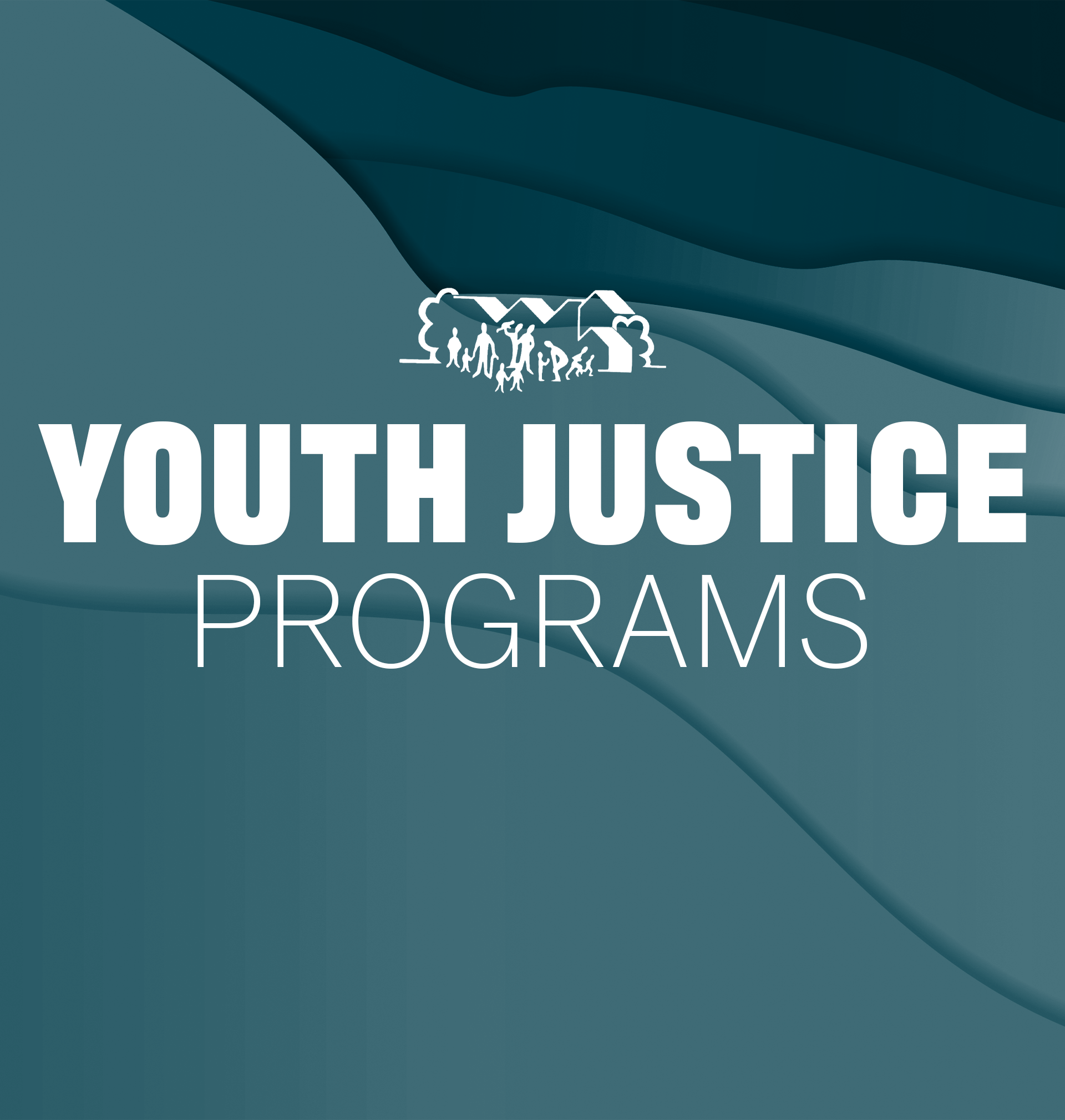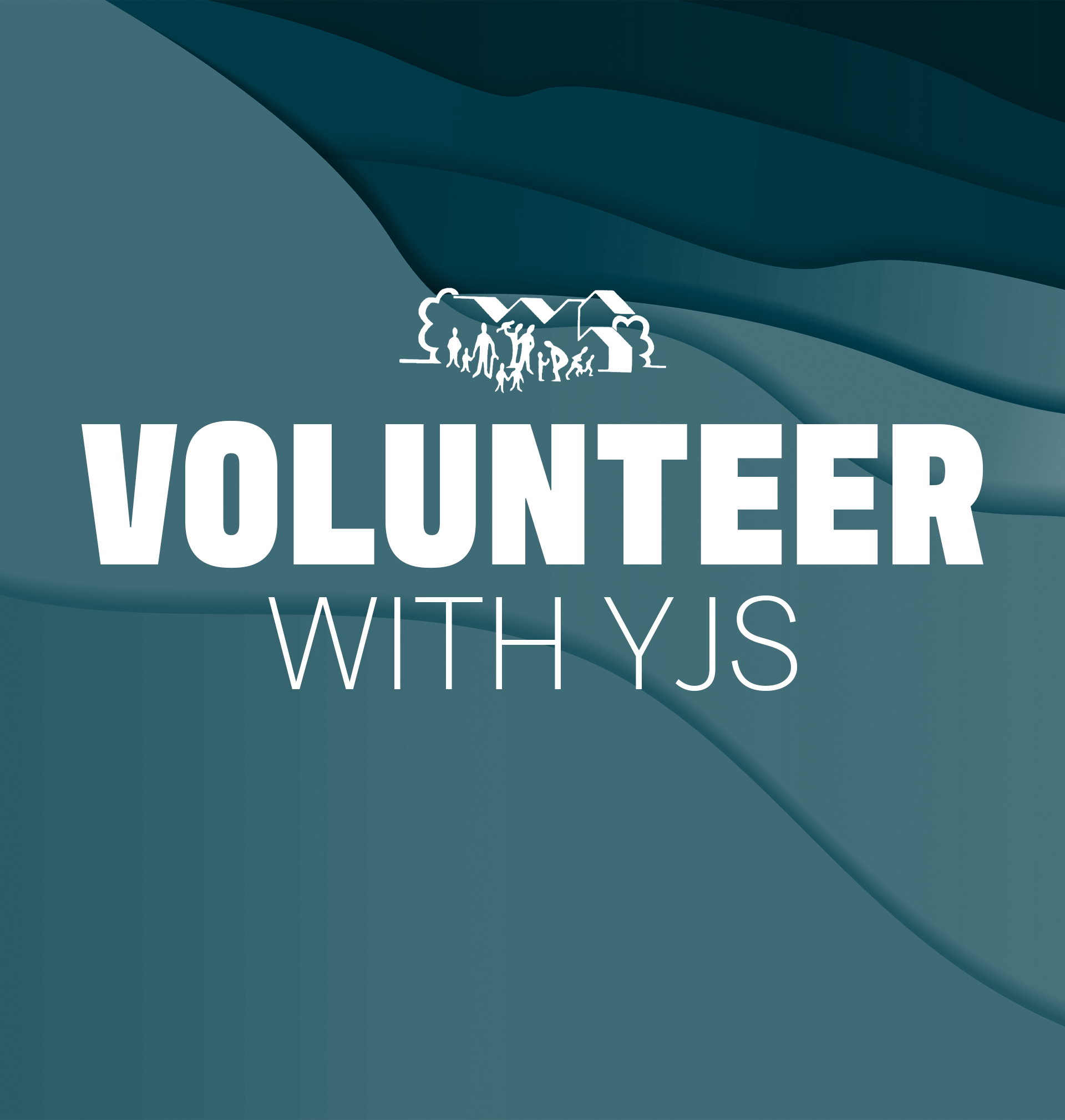YOUTH JUSTICE SERVICES
WHAT WE DO
Youth Justice Services (YJS) provides a range of trauma-informed programs aimed at enhancing the well-being of young individuals. Recognizing the diverse needs of youth, YJS offers employment initiatives that help participants build valuable job skills, improve their chances of employment and foster a sense of responsibility. YJS also incorporates workshops, seminars, and recreational activities that promote social interaction and personal development, allowing youth to experience positive, structured engagement. Together, these programs create a supportive environment that encourages resilience, self-growth, and a brighter future for every participant.

The YJS offers young people in Scarborough/East York the opportunity for diversion:
- Diversion is the process of redirecting justice-involved youth away from formal processing and further involvement in the criminal justice system by providing youth with social services and resources and/or sending them home without further action.
- By successfully completing diversion, youth can avoid going to court and the risk of getting a conviction, and can even potentially get their record expunged.
DIVERSION
CONFLICT
- Youth in conflict with the law who are arrested in the West Scarborough Neighbourhood Community Centre (WSNCC) service area (Police Divisions 41, 42, 43, 54, and 55) can be considered for diversion by the Toronto Police Services and Ministry of Children, Community and Social Services.
- If eligible for diversion, the youth in conflict with the law may be referred to services in lieu of court or custody. The eligibility determination process takes place at the Toronto Courthouse located at 10 Armory Street. WSNCC is dedicated to serving youth in conflict with the law by diverting them away from the criminal justice system.
AIM OF DIVERSION
The aim of diversion from prosecution is outlined as follows:
- To provide a Removal, which due to the circumstances of the individual and the circumstances of the alleged offence allows for an appropriate victim-centred response;
- To enable a Swift Intervention, which can interrupt a cycle of offending and/or prevent further offending. The benefits of a successful diversion from prosecution are three-fold:
- It allows the Individual an opportunity for support to deal with their issues in the context of the alleged offence;
- Avoiding unnecessary contact with the criminal justice system;
- The individual does not receive a Conviction for the alleged offence, which can affect their longer-term employment opportunities, education, and mental health.





